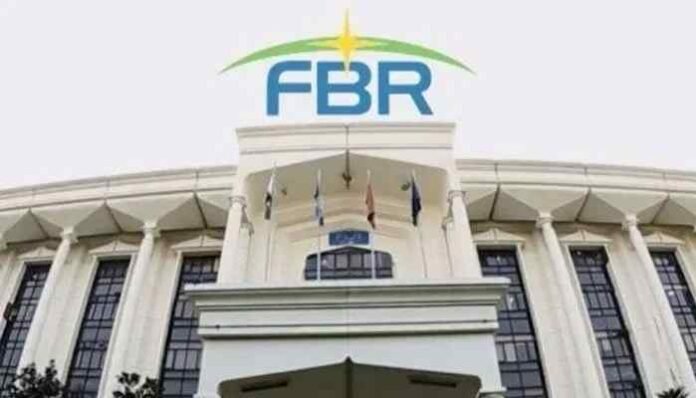Two senior Federal Board of Revenue (FBR) officials at the center of high-profile probes into benami transactions and money laundering in vehicle imports have been abruptly transferred from Karachi to Islamabad — a move that’s drawing scrutiny over whether ongoing investigations will survive in their current form.
The FBR insists the reshuffle is part of “routine administrative changes,” but the timing — in the middle of sensitive inquiries worth billions — has fueled speculation about political or commercial pressure behind the scenes.
Abro’s Crackdown and Sudden Exit
Abdul Hameed Abro, formerly Commissioner (Ops) Inland Revenue, Benami Zone-III, had been spearheading an aggressive drive against suspected frontmen in vehicle imports. His team’s focus: the alleged abuse of Pakistan’s Vehicle Baggage and Gifts Scheme (VB&GS) by commercial importers, with possible collusion from customs officials.
The investigation, spanning clearances from February 2018 to May 2025, demanded detailed import data, customs records, contracts, and bank statements from implicated parties. The goal was to close loopholes that, according to Abro, were bleeding the national treasury.
In a pointed social media post after his transfer, Abro implied the move was punishment for taking on “powerful lobbies.” He claimed his enforcement actions had directly threatened vested interests profiting from fraudulent documentation and duty evasion.
Audit Uncovers Rs 38 Billion in Lost Revenue
Also reassigned was Sheeraz Ahmad, Director of Post Clearance Audit (South), whose work on the “Faceless Customs Assessment” (FCA) system exposed systemic weaknesses in luxury vehicle imports. His audit revealed large-scale under-invoicing and the use of informal money transfer networks — hawala and hundi — to skirt official channels.
The findings estimated revenue losses at around Rs 38 billion, attributing much of it to technical flaws in the FCA system that were being exploited with little oversight.
Unanswered Questions on Investigation Continuity
With both men now out of Karachi, there are concerns the probes could lose momentum — or be quietly shelved. Given the scale of alleged losses and the influence of those potentially implicated, enforcement continuity will be critical.
The FBR maintains there’s “nothing unusual” about the transfers. But in Pakistan’s history of financial crime investigations, timing has often told a story of its own — and for now, many will be watching to see whether these high-stakes cases fade into bureaucratic oblivion or push forward to their conclusion.

